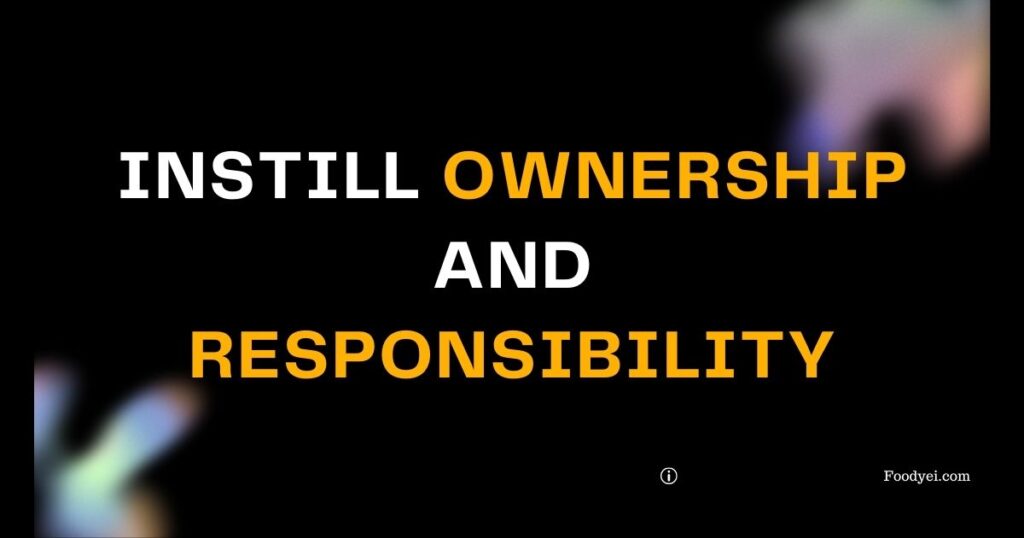Legendary Coaches like John Wooden, Bill Belichick, and Scotty Bowman are experts at maximizing talent and extracting peak performance from their players and teams. The methods used by these coaching legends offer profound insights for leading any high-performing group.
Embrace Continuous Learning
“It’s what you learn after you know it all that counts.” – John Wooden
The “Wizard of Westwood” won 10 NCAA national championships in a 12-year span at UCLA through relentlessly refining his coaching using books, clinics, mentors, and self-evaluation. He exemplified that the day you stop learning is the day you forfeit your edge.
Top coaches are students of the game, constantly curious. They understand player development and winning strategies evolve over time. A commitment to continuous learning ensures your leadership stays relevant.
Foster Team Chemistry
“The strength of the team is each individual member. The strength of each member is the team.” – Phil Jackson

Legendary NBA coach Phil Jackson, who won 11 championships, observes that a collection of talent alone does not make a team. Coaches must nurture cooperation and sacrifice for the greater good.
Jackson promoted mindfulness practices to bring players together, fused stars into cohesive units, and built confidence in role players. Unified teams exceed disjointed groups of stars. Bond and chemistry translate to results.
See Potential in People
“You have to look within the soul. The talent is within the soul. Sometimes, the heart is the coach.” – Herb Brooks
Brooks orchestrated the epic “Miracle on Ice” upset as coach of the 1980 U.S. Olympic hockey team. He selected based on work ethic and intangibles rather than pure skill alone. He saw untapped potential in underdog players.
Great leaders identify capabilities and qualities beneath the surface. They detect talent where others don’t look. Uncover hidden strengths and develop confidence.
Inspire Through a Compelling Vision
“You’ve got to think about big things while you’re doing small things so that all the small things go in the right direction.” – John Wooden

Wooden didn’t just teach basketball skills. He instilled in his players a vision of using all those little details to accomplish the big goal of realizing their full potential, on and off the court.
Communicate an inspirational vision of the ultimate peak to reach. Convince your team their aspirations are attainable through consistent small steps. Progress follows purpose.
Forge Toughness and Tenacity
“Winners never quit, and quitters never win.” – Vince Lombardi
Lombardi, coach of dominant 1960s Green Bay Packers teams, was uncompromising in driving an expectation of perseverance. He credited mental toughness, not talent, as the ultimate determinant of victory.
Demand grit and effort. Cultivate a team identity centered on relentless willpower. Convince players they can overcome fatigue, adversity, and doubt through sheer determination.
Instill Ownership and Responsibility
“The price of success is hard work, dedication to the job at hand, and the determination that whether we win or lose, we have applied the best of ourselves to the task at hand.” – Vince Lombardi

Lombardi preached about committing to the hard daily work needed to become champions. He reminded me that triumph requires sweating the small stuff through self-motivation, not just a few hours on game day.
Enable people to take ownership of their contributions and responsibilities. Defeat arises when relying on teammates or circumstances to compensate for inadequate preparation. Victory demands internal drive.
Exemplify Adaptability
“When the situation changes, the leader must change.” – Scotty Bowman
Bowman owns more NHL coaching wins than anyone thanks partly to re-inventing his strategies over five decades of hockey evolution. As the sport changed, so did his player roles, styles, and tactics to stay ahead.
Model flexibility as the environment shifts. Preemptively alter plans as needed instead of clinging to past formulas. Show teams, they must stretch beyond their comfort zone and adjust to meet new challenges.
Make Criticism Productive
“Coach more, yell less. Praise more, criticize less.” – John Wooden

While demanding, Wooden delivered criticism calmly as teaching moments. He gave specific, constructive feedback so players understood explicitly what and how to improve.
Effective criticism focuses on actions, not character. Turn critique into a dialogue, not a lecture. Frame it as beneficial advice from someone invested in the person’s development. Productive feedback reinforces bonds.
Individualize Your Approach
“You can’t treat everybody the same. I think that’s the biggest mistake coaches make.” – Pat Summitt
Legendary Tennessee Volunteers basketball coach Pat Summitt accrued 1,098 wins by adapting to each individual player’s abilities and motivations. A coach’s job, she believed, is to determine what messaging will maximize an athlete’s talent.
Personalized leadership resonates. Understand how and why each team member ticks. Lead individuals according to their specific needs, strengths, and growth opportunities to elevate them to new heights.
Have Their Backs
“It’s not the will to win that matters. It’s the will to prepare to win that matters.” – Paul ‘Bear’ Bryant
Alabama’s Bear Bryant, whose six national football championships were built on fierce loyalty, reminded me that the will to win alone is meaningless without doing the dirty work. He had his players’ backs, and they had his.

Show people you truly care, and they’ll walk through walls for you in crunch time. Have their back when they fall short. Protect and support your team, especially during adversity. Defend them from political crossfire. Backing builds bonds, resilience, and trust.
Conclusion
Legendary coaches become so not merely through expertise in X’s and O’s but by unlocking motivation, resilience, toughness, chemistry, pride, willpower, and other intangibles that distinguish champions. Study their leadership and communication mastery. Adapt their methods to inspire your team to accomplish more than they imagined possible.
FAQs
What is an example of a coach who demonstrated excellent leadership skills but did not achieve a high level of measurable competitive success?
A standout example is Herb Brooks, who coached the underdog 1980 U.S. Olympic hockey team to an epic upset of the Soviet Union. While not winning a championship, he exemplified inspirational vision and maximizing underutilized talent.
How might the leadership strategies used in a sports coaching context translate to a corporate or startup business environment?
Many parallels exist including establishing a strong culture, motivating continuous improvement, building loyalty and resilience during tough times, and inspiring teams toward a grand vision beyond short-term goals.
Why might an authoritarian coaching style that worked decades ago fail with modern athletes and employees?
Today’s team members respond better to inspiration, explanation, and inclusion. They expect insight into the why and how. A controlling, domineering style stifles modern talent accustomed to openness and collaboration.
What is an example of an adjustment a historically successful coach made to adapt to changing times?
Legendary basketball coach Mike Krzyzewski adopted more zone defenses, accepted shorter player tenures, expanded roles for freshmen, and gave more leeway off-court as college hoops evolved. His flexibility sustained Duke’s excellence.
How can female coaches like Pat Summitt successfully lead competitive male athletes or employees?
What matters are leadership qualities like strategic expertise, communication skills, adaptability, and demanding excellence through love, not brute intimidation. Gender becomes secondary to authentic leadership capabilities.
What leadership attributes make a successful coach but do not necessarily translate into being an effective executive?
While many crossovers, some key skills of executives but not coaches are financial analysis, operations management, HR processes, budget oversight, managing up to executives, and sales. Contexts differ.




